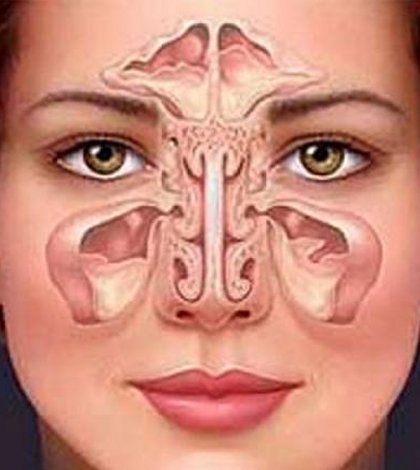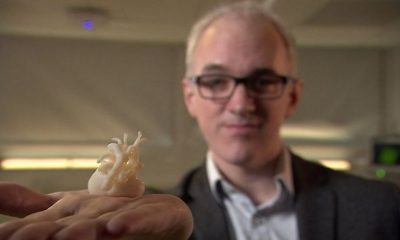Sinus infection, or sinusitis, is a condition that affects the air-filled pockets in your head (sinuses) by causing inflammation and swelling. A sinus infection typically happens as a result of a cold or allergies, which cause fluid and bacteria or viruses to build up in your sinus cavities.
Chronic sinus infections can result due to repeated assaults on your sinuses (like when you have recurring colds or other multiple bouts of respiratory illness) or because of the presence of nasal polyps (growths in the linings of the nose) or a deviated septum, which is a malformation of the nasal cavity.
Some of the symptoms of sinus infections include facial pain or pressure, headaches, nasal congestion, fever, bad breath, fatigue, even dental pain. But, as is the case with many health conditions, sometimes a sinus infection may present with few symptoms. In still other cases, a person will mistake a sinus infection for a cold or even for influenza, because some of the symptoms are similar. That’s why it’s recommended that you consult with a health care professional if you’re having symptoms, especially if you’re experiencing chronic sinus infections.
Treatment Options:
In many cases, a doctor may treat your infection with oral or injected antibiotics or other medication, especially when your symptoms don’t resolve themselves quickly. Over-the-counter or prescription decongestants and anti-inflammatory medication may also be among the treatment options recommended by your doctor. In some instances, your doctor may also recommend or prescribe a pain reliever, administered orally or via an injection.
Doctors of osteopathy may also recommend treatment via manipulative treatment functions that relive nasal and sinus obstruction, reduce pain, or improve blood flow. In some cases, surgery to clear up those obstructions may also be an option that your doctor considers.
Home health care treatments can also reduce the amount of time you’re experiencing symptoms and reduce your chances of re-infection. Steam treatments, humidifiers, hot showers, and hot washcloths on your face may prove helpful in relieving pain and loosening mucous. Also, your doctor may suggest that you avoid certain foods, like dairy products, that are believed to contribute to congestion.
Rest and hydration may also be helpful. Rather than drinking high-sugar or acidic drinks, or alcoholic or caffeinated beverages, your doctor may suggest water and hot tea. Getting plenty of sleep, or possibly scaling back on your activities, can also aid in the treatment.
Left untreated, these infections can lead to other health complications, some of them serious. As with any health condition, it’s recommended that you seek a health care professional’s advice before embarking upon any course of treatment. When it comes to sinus infections, this is especially true if you’re experiencing chronic sinus infections or if you have other respiratory conditions, like asthma or pulmonary disease.
When it comes to rest, abstinence from physical activity may be involved, but your doctor may also direct you to take cognitive rest, too. That could involve missing school or work, as well as disentangling yourself from your smart phone, gaming devices, tablets; or reducing the amount of time you’re watching TV or reading.























